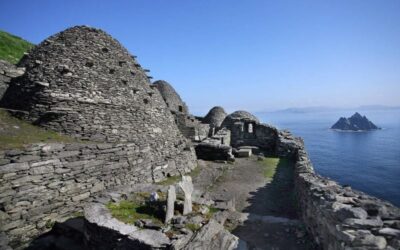In places where there was no running water for waterwheels, medieval Europeans invented windmills to power machines. These early windmills developed into the kind we associate with Holland, buildings whose upper floors rotated like weather vanes so they could catch the wind just right, with enormous sails that turned in the breeze. When not needed, the blades could be locked and the sails taken down, but when the sails were up and the blades free to turn, windmills could generate a surprising amount of power. They powered all kinds of machinery: pumps for draining wetlands, mills for grinding grain or fulling cloth or making paper, all kinds of work that would be difficult, tedious, or impossible to complete by human effort alone.
The Greek word for wind is pneuma, which also translates as spirit or breath. The Holy Spirit is the breath of God, the Wind that blows where it will unseen by human eyes, but that can be felt and can provide power well beyond human capacity. The Holy Spirit enables our fellowship with the Trinity and with one another, as well as empowering our service to others. But for that Wind to be effective, we must align ourselves with where it is blowing and unlock our sails and let them turn. If we do, the Spirit’s power will be at work in us for His good purposes.
May God make us windmills.




Amen!